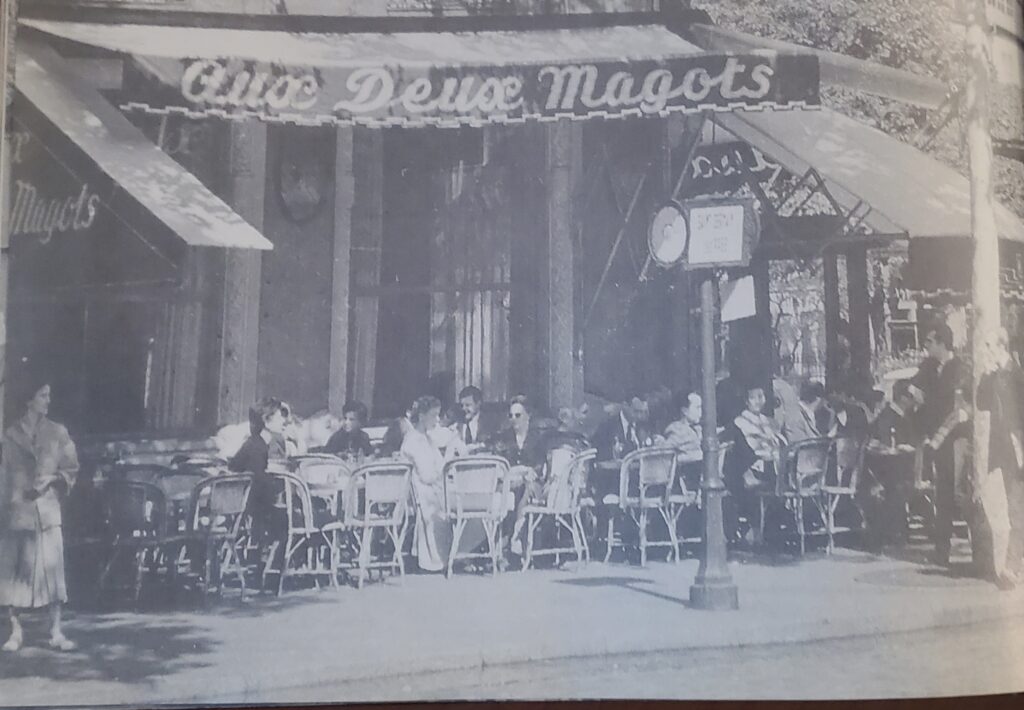France has a lure about it. When I was a young girl growing up in an inner city housing project, the thought of living in France was alluring. I didn’t know anything about the country other than what I learned from Ms. Gandy, my high school French teacher and library books.
I’ve always loved to read. It was my escape from my present environment in a large Southern city saddled with racism. While reading, I could go anywhere I wanted. I explored countless places and experiences through the power of words written in books and immersed myself in different worlds and cultures.
Two of my favorite authors, James Baldwin, and Richard Wright lived in France. According to the book, African Americans Voices of Triump, many of Black America’s intellectuals considered France, especially Paris, to be a haven of liberty and grand culture in the 19th century. Booker T. Washington and W.E.B. DuBois were frequent visitors. During the Harlem Renaissance several of the movement’s most prominent members went in search of inspiration.
In 1924, Langston Hughes crossed the Atlantic by freight into the City of Lights. He had long equated Paris with literary accomplishment and personal liberty. He earned a living by working as a doorman and a dishwasher. He wrote that he never experienced the condescension white Americans had toward anyone employed in similar occupations back home in the United States. He embraced the social acceptance the French people had for Black people.
The brilliant editor, poet, and novelist Jessie Fauset studied in Paris for several months. She is known for discovering and mentoring other Black writers such as Langston Hughes, Countee Cullen, and Claude McKay. Cullen had many extended stays in France. He immersed himself in the culture and attended the University of Paris, the Alliance Francaise, and the Sorbonne of Paris. His knowledge of the language and admiration of the people gained him entry into very exclusive venues. He wrote that he experienced a way of life unavailable to a Black writer in the United States.
Before WWII, Claude McKay spent 11 years in Europe. He believed the seeming lack of French prejudice toward Black writers and artists existed in part because of a national admiration for the creative spirit, and also, because the Black presence there was too limited to be threatening.
I finally got an opportunity to visit France for twelve days in the fall of 2024. Our travel group went on an adventure throughout the country. Like other Black Americans visiting before me, I was immersed in the culture of the diverse country. I was especially proud to visit the country my two favorite authors called home. Dreams do come true!
Francie Mae. February 9, 2025.
Reference
Time Life. 1994. African Americans Voices of Triump. Creative Fire. Alexandria, Virginia.
